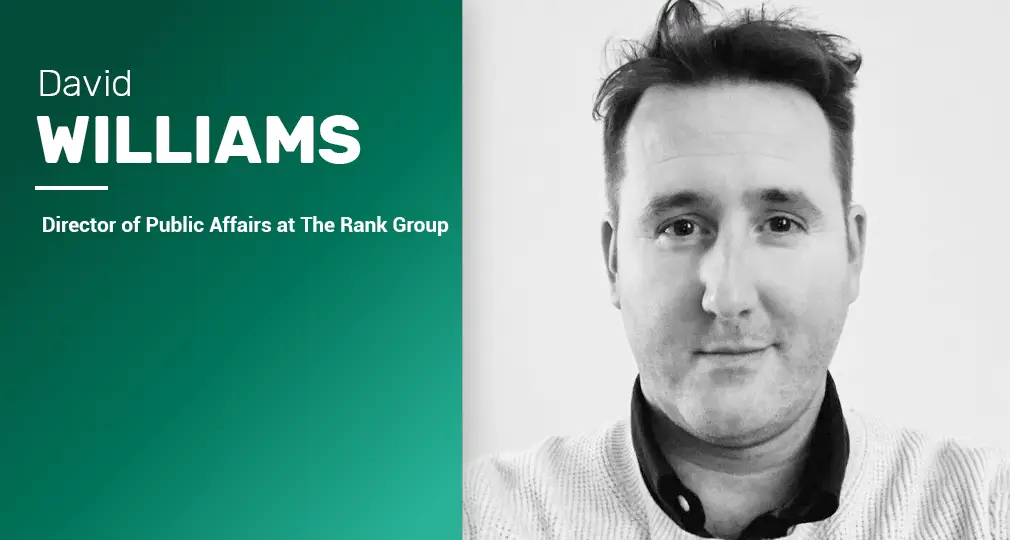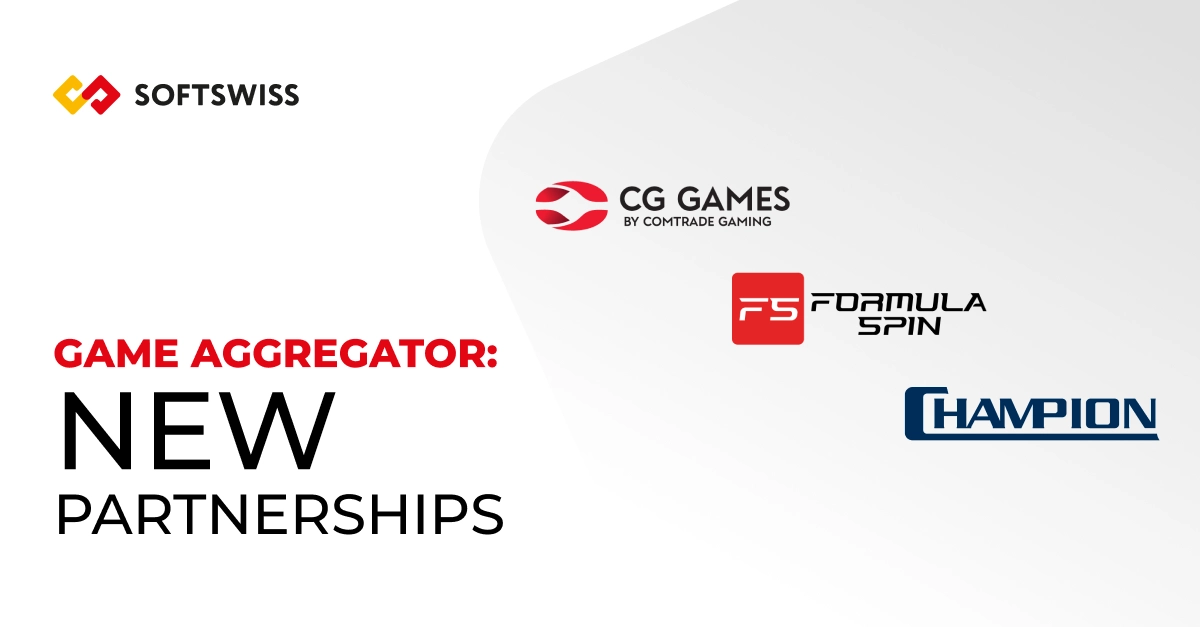David Williams, the Director of Public Affairs at The Rank Group, has explained why a well-thought-out promotion strategy is important for any gambling company, as PR isn’t just mentioning in the latest news on gambling.
David, the first and main question: how important is PR in the gambling industry?
PR for its own sake is wholly unimportant. All comms within the industry must be aligned to a business’s strategic objectives and must seek to promote and, where necessary, protect that strategy. The gambling industry is no different from any other industry, in that regard, but the business imperative in getting it right and avoiding mistakes is more critical than it has ever been.
For too long, the industry spoke only to its parishioners and failed to grasp the importance of celebrating more widely an industry that creates employment, entertainment, and – here’s the hairy one – enjoyment for millions of people. Communicating only with engaged and interested gamblers is only part of the comms and PR challenge. In many respects, it’s the easy part. Successful comms and PR for the industry will see a far broader group of people – including skeptics, influencers, and curious parliamentarians – engage with the industry on an evidence-based approach to what the industry is really about and what it can offer.
How can media promotion strategies help online casino owners?
As we face up to a post-lockdown global environment, albeit with ongoing anxieties about what the coming weeks and months might bring, the courage required to pursue long-term sustainable media strategies is at a premium. Frantically clamoring for short-term revenues may be tempting, but ultimately will do little to enhance the long-term sustainability of any operator. Ensuring that safer gambling is embedded into all media promotions is also crucial if the tide is going to turn in favor of responsible operators who seek to sustainably grow their businesses and, in doing so, articulate the social and economic benefits that licensed gambling provides to customers and governments.
Some experts say that the representatives of the gambling industry are bad at PR and building communications strategies. Do you agree with this statement?
It’s far too sweeping a generalization. In any industry that compares with the size and scale of the gambling industry, there will be differing levels of ability and achievement. What is sadly true is that, too often, the entire industry has suffered from being externally viewed according to the lowest common denominators.
Having worked in the industry for over 16 years, I’m acutely aware the drive to raise standards – across the regulated industry – has never been more important than it has been in recent months and years. That is something we ought to be proud of, after having spent far too long in “reactive mode” addressing the shortcomings or short-sightedness of elements of the industry. At its best, we have a compelling story to tell around what we offer to millions of adults – in terms of enjoyment and responsible entertainment – but we need to employ a zero-tolerance approach to those parts of the sector who short-change that messaging.
Is the major priority of PR specialists to promote gambling-related companies in the most ethical way? Again, a lot of experts insist that the creation of relations between operators and customers takes unhealthy forms sometimes.
This question gets to the very heart of how responsible operators can embed safer gambling into every customer touchpoint on the user journey, both in venues and online. It must never be the case that operators simply seek to maximize revenue from any one customer visit, irrespective of a wider appreciation of player safety and enjoyment. We are a heavily and well-regulated industry that – quite rightly – attracts elevated levels of scrutiny from external bodies, influential commentators, and regulatory bodies. Any misguided efforts to short-circuit a responsible approach to promoting brands and products are highly likely to create longer-lasting harm, and the regulated industry recognizes this. The very best operators will find a sweet spot that exists whereby safer, more responsible gambling can be promoted in such a way as to be commercially beneficial.
There are good examples of this outside the industry (supermarkets promoting their environmentally-sound practices are thriving) and, in recent times, enlightened operators are leading the way. Ultimately, this rising tide is going to lift all operator ships, and that can only be a good thing for businesses and their customers.
What is the golden mean when a specialist is developing a strategy for a gambling company between all risks and possible damage to customers and the necessity to introduce it to the audience?
This doesn’t need to be the conundrum it is sometimes presented as. Firstly, conflating risk and damage is dangerous. No operator wants to see the damage of any kind. However, talk of “risk” in the same regard is a slippery slope. Reducing the risk of gambling-related harm is entirely appropriate, but removing risk from gambling is existential and non-sensical.
Secondly, responsible and well-regulated operators ought to be able to compete with each other and promote their brand, products, and offers without fear of recrimination. It has sometimes appeared that the industry has suffered from a crisis of confidence, and we have taken every opportunity to apologize for representing our industry. This does little to placate abolitionists, nor does it enhance our reputation.
The balance needs to be found between responsible promotions and communications, which have player safety built into every stage of the customer experience. Where we identify customers with increased levels of experiencing gambling-related harm, we need a safety net of devices, checks, tools, and interventions to ensure that an individual gets the support they require. This is non-negotiable, but it does not need to suffocate the enjoyable experience derived by many millions of customers who choose to gamble and do so with no problems whatsoever.
Too often we have neglected to find a voice for this majority group for fear of attracting the opprobrium of industry critics. Hopefully, we will continue to find the right balance to ensure those who require protection get it in the way and to the extent, they need it, whilst protecting and enhancing the enjoyment of gambling for everybody else.
Read more: Best iGaming Aggregators














